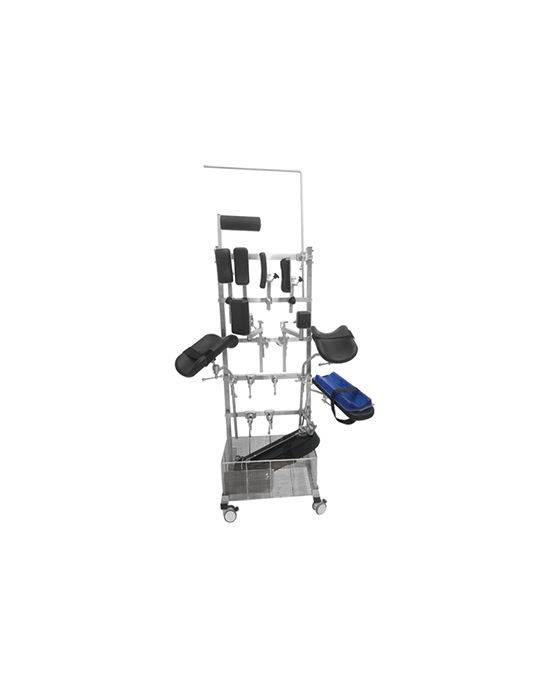Address
304 North Cardinal St.
Dorchester Center, MA 02124
Work Hours
Monday to Friday: 7AM - 7PM
Weekend: 10AM - 5PM
The operating room is a high-stakes environment where every piece of equipment plays a critical role in the success of a procedure. Among the various tools and accessories used, operating table accessories are often overlooked but are essential for patient safety, comfort, and the efficiency of the surgical team. This guide will walk you through the different types of operating table accessories, their functions, and how to choose the right ones for your facility.

Operating table accessories are a collection of items designed to enhance the functionality of the operating table. They include:
These accessories are crucial for:
The range of operating table accessories is vast, and they can be categorized based on their function:
Here’s a table that compares different types of operating table accessories based on their primary function and suitability for different procedures:
| Accessory Type | Primary Function | Suitable for Procedures |
|---|---|---|
| Positioning | Facilitate various patient positions | General, Orthopedic, Neurosurgery |
| Attachment | Specific procedural needs | Laparoscopic, Cardiac, Pediatric |
| Safety | Prevent patient movement | All procedures |
| Ergonomic | Enhance patient and staff comfort | Long surgeries, Various procedures |
When selecting operating table accessories, consider the following features to ensure they meet your facility’s needs:

Investing in high-quality operating table accessories offers several benefits:
Selecting and using operating table accessories effectively comes with challenges:
To overcome these challenges:
Choosing the right operating table accessories is a critical aspect of operating room preparation. The right accessories can significantly improve patient care, streamline surgical procedures, and ensure the operating table is used to its full potential. By considering the features, types, and challenges associated with operating table accessories, healthcare facilities can make informed decisions to enhance their surgical capabilities.
Q: Are all operating table accessories necessary for every procedure?
A: Not necessarily. The specific accessories needed will depend on the type of surgery being performed.
Q: How often should operating table accessories be replaced?
A: The replacement schedule will depend on the wear and tear of the accessories, but regular inspections can help determine when it’s time for a replacement.
Q: Can operating table accessories improve patient outcomes?
A: Yes, by ensuring proper positioning and safety, accessories can contribute to better surgical outcomes.
Q: Are there any regulations governing the use of operating table accessories?
A: Yes, there are regulatory standards for medical equipment, including operating table accessories, to ensure patient safety and compatibility with other medical devices.
Q: What is the role of ergonomic accessories in the operating room?
A: Ergonomic accessories aim to increase comfort for both patients and surgical staff, which can reduce fatigue and the risk of injury during long procedures.
